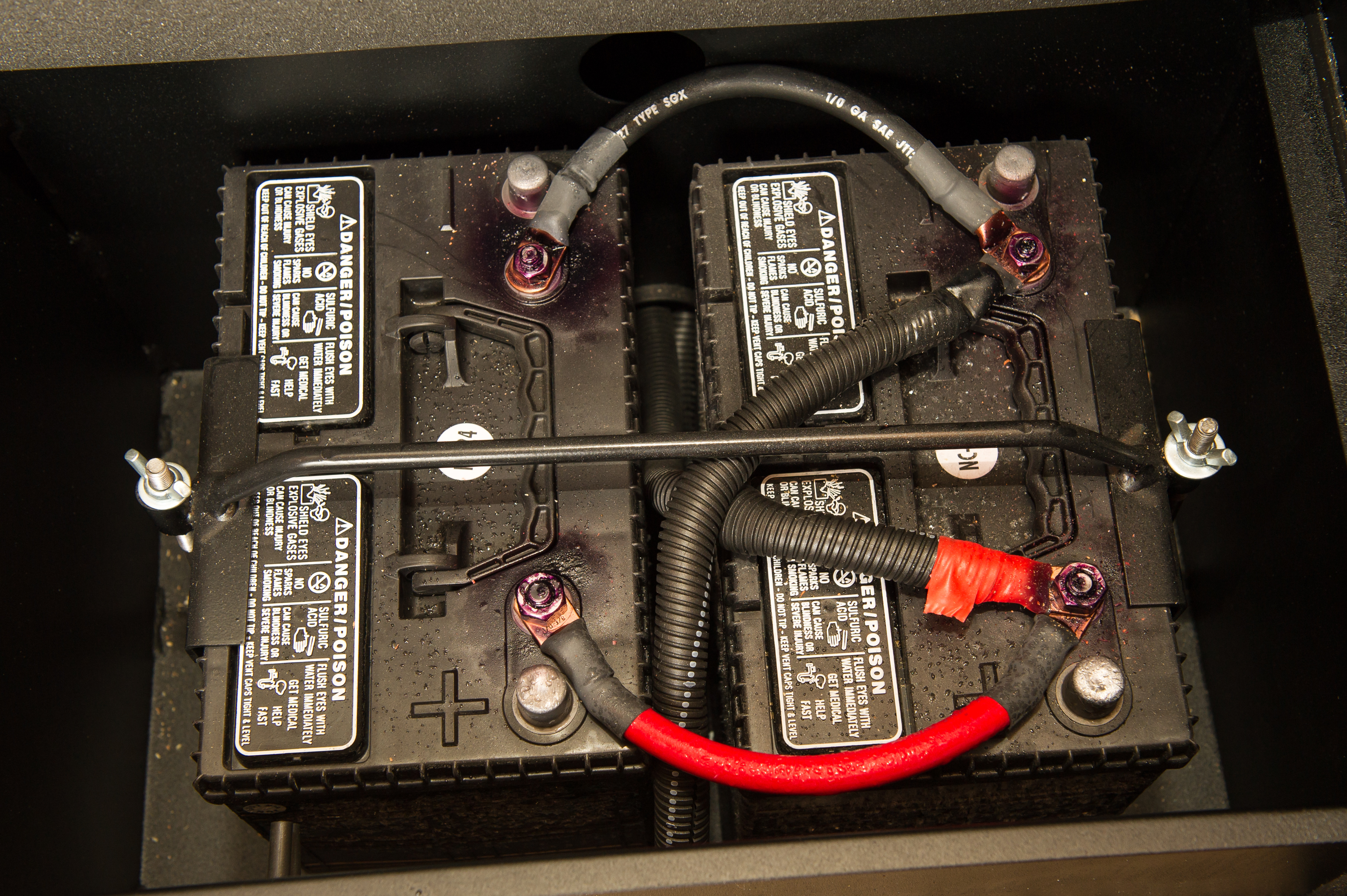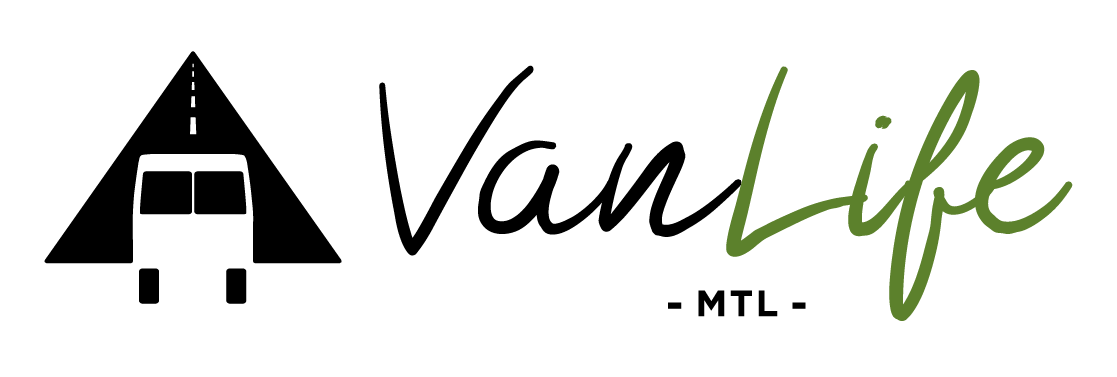January 20, 2021News
Preparing your RV in the spring in 10 steps
March 24, 2021Escapade
Can't wait for the summer heat to take to the road with your RV? Spring is the perfect time to prepare your recreational vehicle to ensure you have a great vacation. When it comes to camping and caravanning, remember that it is always easier and economical to prevent rather than cure. The FQCC team (RV camping experts!) takes you through the 10 steps to follow when it's time to hit the road again.
1. Check your registrations
Registration fees for RVs vary depending on several factors:
- The higher the net weight of the RV, the more expensive the registration.
- Travel trailers must have an " R " plate which has a lifetime validity.
2. Get your propane cylinders filled
- Ensure that they are less than 10 years old, or else you will have to have their faucet changed. (For motorhomes, i.e., class A, B, or C motorhomes, the regulations are different. Check with your dealer.)
- Propane that comes in contact with oil or grease becomes explosive. Thoroughly clean the faucet threads and all joints so that no traces of oil or grease are left.
- If your water heater is not working, remove and clean the propane supply pipe. Insects often choose to nest in it.

3. Install batteries
It is advisable to install them once they are fully charged.

4. Sanitize the fresh water tank of your motorhome or travel trailer
- Mix ½ cup of bleach with water in the tank (empty it first if you had put antifreeze in it).
- Drive for a few minutes to allow the solution to flow through the pipes and the tank.
- Drain the tank and repeat the process with fresh water.
5. Clean, inspect and reline your axle bearings
This operation will also allow you to inspect and adjust the brakes on your RV. Do not hesitate to seek the services of a professional for this type of operation: Let the cobbler stick to his last!
6. Make sure the shock absorbers do not leak oil
If they leak any, replace them.

7. Have the wheels of your RV balanced and rotated
Regardless of whether you have a motorhome or a travel trailer, this operation will ensure the longevity of its tires and bearings. Change the oil and filters of your air conditioner.
8. Inspect your brakes
- Inspect brake pads and shoes for cracks and loose, damaged, or spalled linings.
- Watch for uneven wear on the linings or signs of overheating.
- Observe surfaces exposed to friction for unevenness, rust, missing components, signs of overheating or severe wear.
- With electric brakes, don't forget to inspect the surface machined for the electromagnet inside the drum.
9. Adjust your brakes (hydraulic and electric)
- Lift the wheel off the ground and secure the vehicle with jack stands and wheel chocks.
- Take off the protective rubber plugs on the back of the dust plates.
- Rotate the adjustment screw to fully engage the drum brakes.
- Turn the screw in the opposite direction until the wheel turns freely.
10. Load your RV and take a test drive
- If you run out of power in the hills, try to reduce your load by removing non-essential items or by replacing some equipment with lighter ones.
- If your trailer wobbles, move some of the load to the front of the RV.
- If anything else seems abnormal, talk to your trusted mechanic, who will be able to make the necessary checks.
A prepared camper is a happy camper
Do you want to take your RV road trip a step further? Here's what you should pay attention to:
- Quantity of fuel and the leak testing of the fuel tanks.
- Condition of tires and wheels.
- State of the exterior cladding and strength of the chassis.
- Presence of liquid or debris.
- Are the wheel fasteners as they should be ?
- Door locking system.
- Are the windshield wipers and washer fluid dispenser working properly?
- Is the windshield clean?
- Are the rear-view mirrors adjusted and clean?
- Are the headlights in good condition?
- Check the back of the RV. Is it well balanced? (Check to make sure it does not lean to one side more than the other.)
- Is the ladder to the roof properly secured?
- What is the condition of the mudguards?
- Is the licence plate clean?
In the case of a fifth wheel camper, also check:
- The condition and stability of the fifth wheel coupling;
- Locking indicator.
There you go! You are now ready to hit the road and camp in peace and quiet.
This text is prepared by FQCC. FQCC members receive a 10% discount on their annual Terego subscription.











